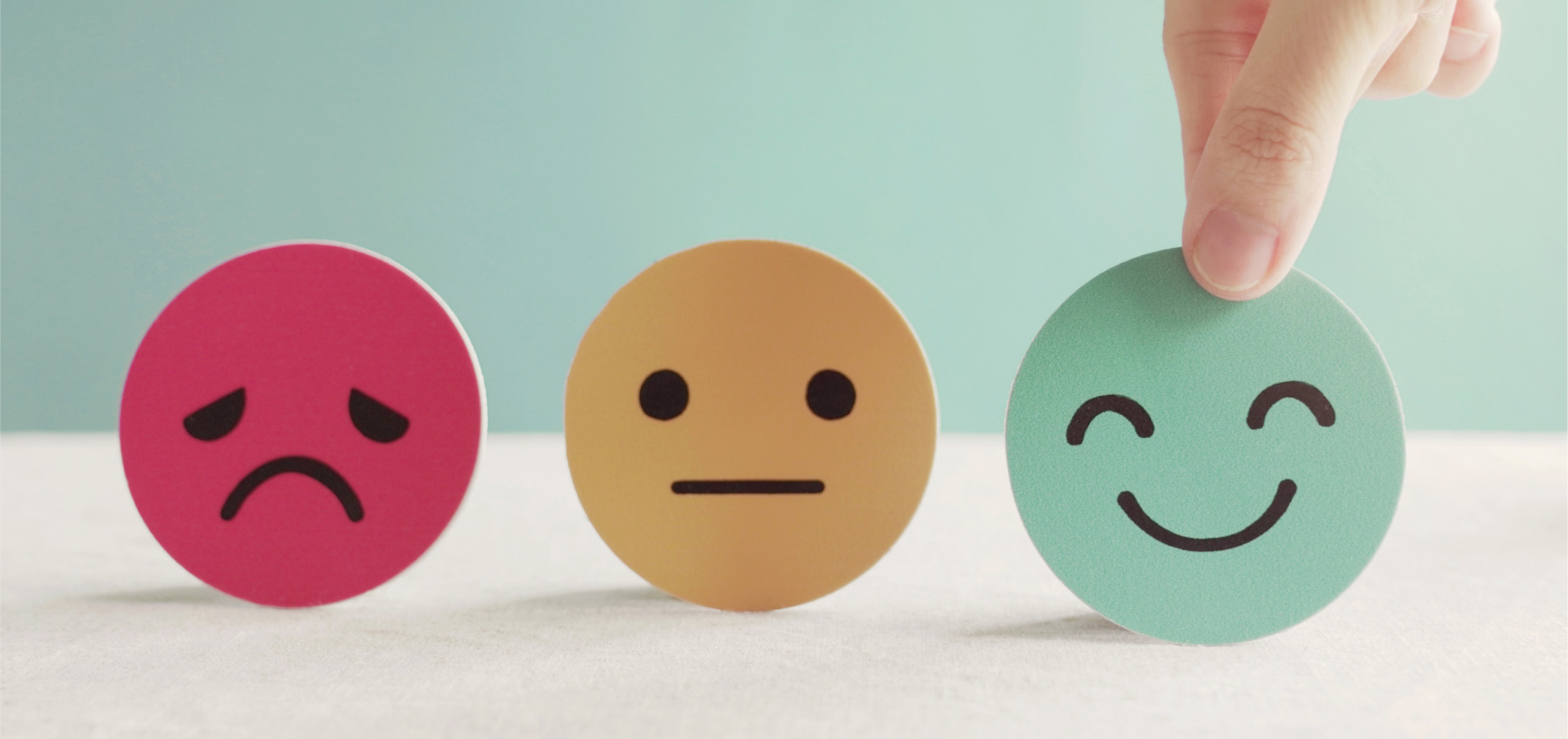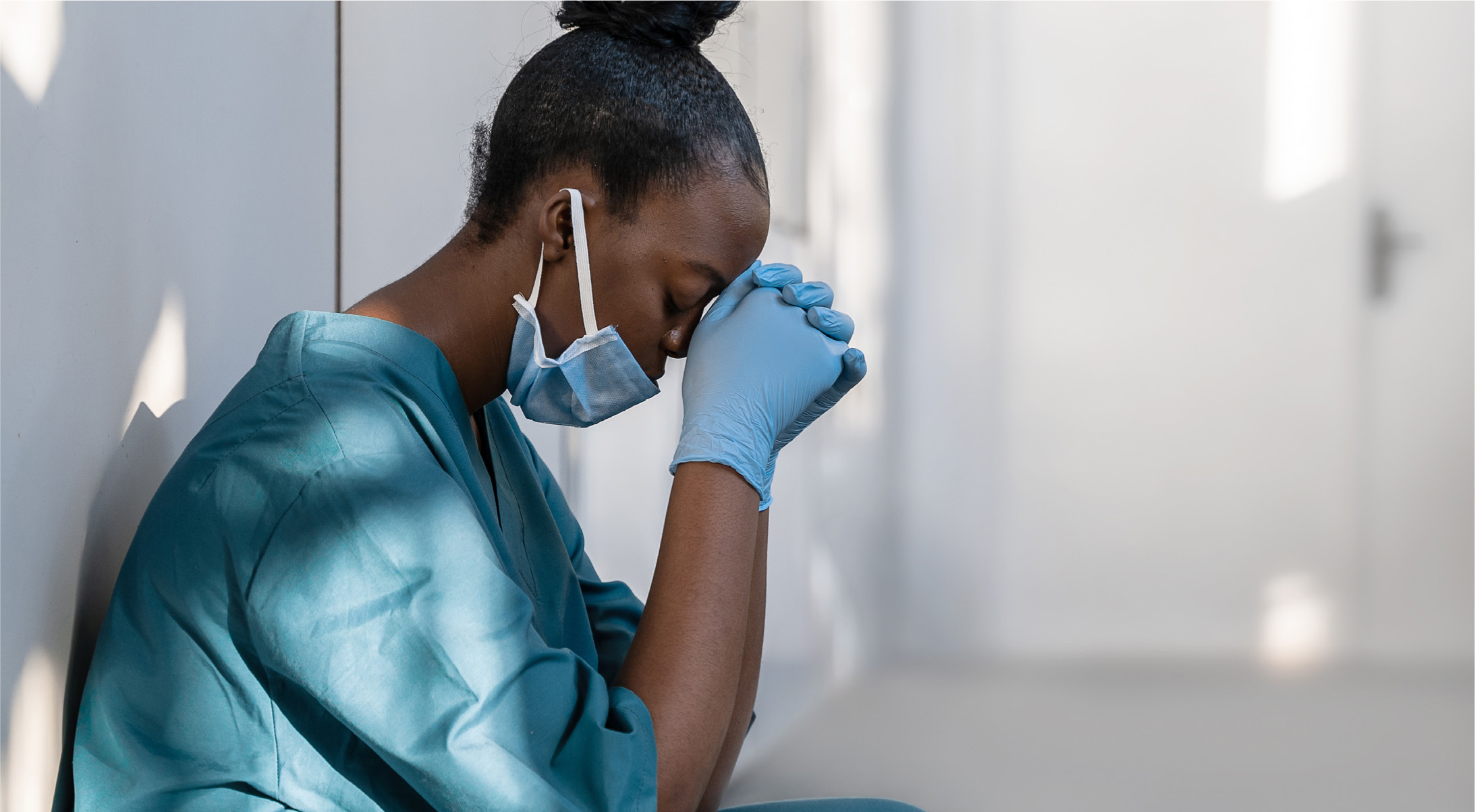
 Social support among nurses and medical staff can assist with self-efficacy, sleep quality, degrees of anxiety and stress
Social support among nurses and medical staff can assist with self-efficacy, sleep quality, degrees of anxiety and stress
Over the past 12 months, due to the battle against SARS-CoV-2 and COVID-19 disease, the NHS has seen an historic transformation, the like of which it has not seen in its entire 72 years of existence. This has drastically accelerated the disparity of mental health within the healthcare sector (World Health Organization (WHO), 2020). Many aesthetic nurses, doctors and dentists have made, and continue to make, a vital contribution to the NHS during the COVID-19 pandemic, while others may have continued to treat patients therapeutically or within the scope of medical pathways set out by the Joint Council for Cosmetic Practitioners (JCCP, 2020) and the remainder may have stopped practice. Uniting each route will present a familiar image of certain uncertainty, unpreparedness, rapid planning and pre-emptive anxiety of the unknown.
Psychological impact of the pandemic
Even before the COVID-19 pandemic, nurses were typically regarded as being at high risk of experiencing exhaustion, autoimmune disease and even suicidal ideation (Lamb et al, 2020). With many experiencing a significant change in work patterns and roles, increased exposure to infection and isolation from family and friends during the COVID-19 pandemic, this has posed a significant threat that magnifies potential mental health concerns in nurses. The psychological battle is as crucial as the physical fight, and it has recently been acknowledged that nurses have developed signs of post-traumatic stress disorder in relation to the first wave of the pandemic (Dean, 2020). This can lead to a range of symptoms, such as nightmares, feelings of isolation and difficulties concentrating. As we are now at the acute phase of the COVID-19 pandemic, it is recognised that many nurses have faced and will continue to face traumatic experiences, and even the most resilient may become overwhelmed by situations that have personal relevance, for example, providing care for someone who reminds them of a loved one or a friend. Approximately nine out of 10 nurses are reporting feeling overwhelmed and distressed, with one-third referring to their mental health as ‘bad or ‘very bad’ (Lamb et al, 2020).
Sustaining moral injury
The guidelines of military psychology used during wartime scenarios, as well as the data from the SARS epidemic, the London bombings, Ebola crisis and infections such as swine flu have been used to inform practices to mitigate the adverse mental health impact among nurses facing the COVID-19 pandemic (Chirico et al, 2020). It is possible that working to provide self-accessible relief via enhanced psychological skill for nurses may alleviate or act as a safeguard against long-term mental health consequences (Shale, 2020) by empowering those who are facing morally challenging decisions and sustaining moral injuries. A moral injury is a form of psychological distress resulting from actions or, equivalently, the lack of them, which violate the person's moral or ethical compass (Greenberg et al, 2020). This can occur when feeling like one has acted against their moral integrity, even through no fault of their own. For nurses, examples may be distributing inadequate personal protective equipment (PPE), doing a job beyond the usual role or capability with little decision-making capacity, making clinical mistakes, providing insufficient training when implementing new protocol(s), restricting families from seeing their fading relatives, being unable to adequately assess or consult with patients in the absence of face-to-face contact, patients waiting hours for beds and providing deficient palliative care (Greenberg et al, 2020).
Moral injury is not a mental illness; however, those who sustain moral injuries are likely to experience negative thoughts about themselves, others and the world around them, and are subsequently at risk of developing mental health difficulties (Shale, 2020). This can leave nurses with intense feelings of guilt, shame, disgust or anger, as they bear the weight of greatly increased death rates and workloads, on top of staff shortages, and try to make sense of it all as a well-intentioned and exhausted practitioner (Chirico et al, 2020; Shale, 2020). This can also all be combined with the intrusive thoughts and internal conflicts of possibly being the source of infection, putting family members and other staff at risk and the worry of childcare provisions closing or having to provide homeschooling.
» Presenteeism should not be seen as a badge of honour; you may risk being a less effective nurse because of poor mental health, which will directly affect the functioning capability and health of all the team members, and possibly compromise the patients who are cared for «
Social support and coping mechanisms
Whether someone develops a psychological injury or experiences psychological growth is likely to be influenced by the way that they are supported before, during and after a challenging episode (British Psychological Society, 2020; Greenberg et al, 2020). Most nurses do find that support from their colleagues protects their mental health (Chirico et al, 2020; WHO, 2020). This role of social support among medical staff can assist with self-efficacy, sleep quality, degrees of anxiety and stress (Spoorthy et al, 2020). This is of particular relevance, as many of the usual coping mechanisms previously used by staff may have been removed during the pandemic, for example, socialising with friends and family. The British Psychological Society has presented a three-phase approach to assist the pandemic response, which serves well in raising awareness and to aid nursing staff in overcoming difficulties (British Psychological Society, 2020; NHS Employers, 2020a). These stages may not be consecutive, and will be experienced at different times, depending on individual differences and working patterns. It may be a daily or weekly occurrence, and it would be precarious to assume a correct position for each nurse or trust at any time.
Preparation
Many may be more than acquainted with the familiarity of being unprepared, with little or no time to sufficiently plan. Any thoughts are likely to be about the future, which is uncertain. Worry and anticipatory anxiety are common features, as the unknown potential of the outbreak and the impact on personal and working lives is only imagined. Clear communication when creating a collective, transparent message is essential (British Psychological Society, 2020). This simplicity serves to deeply connect staff to each other and can enhance team cohesion and morale. Avoiding speculation and assumptions from unhelpful sources (for example, social media) will serve to reassure. Trust that expert advice and information changes, as it is expected to, and be encouraged to actively share in helpful forums (British Psychological Society, 2020; NHS Employers, 2020b). Perhaps engage with existing peer support or mentoring systems; this can be as informal as offering a hot drink, encouraging each other to take breaks, checking in to see if a colleague needs a ‘chat’ or to emotionally offload or attach purpose to the day. Try a daily checklist before going home (NHS Employers, 2019; British Psychological Society, 2020; Spoorthy et al, 2020), for example, acknowledge three difficult things about the shift just completed and consider three things that you felt pleased about, no matter how small they may be. Write down thoughts without thinking. Make a visceral connection with an act that signifies the end of the shift: taking off your name badge, lanyard, shoes and uniform, intently listening to the close of the ward door behind you and unlocking the car. Whatever it is, do that same act each time. This will shift your attention from professional expectations to personal limitations (Mental Health Foundation, 2020; Spoorthy et al, 2020). Practising healthy boundaries will reinforce this space further.
 Even before the COVID-19 pandemic, nurses were typically regarded as being at high risk of experiencing exhaustion and suicidal ideation
Even before the COVID-19 pandemic, nurses were typically regarded as being at high risk of experiencing exhaustion and suicidal ideation
Active
It has been argued that stress and anxiety can be stimulating and help new challenges to be taken on. Through the release of adrenaline, the physiological response can serve as a motivated driver and bring focus to the mind (Mind, 2020). However, COVID-19 has brought about a persistent onslaught of stress and anxiety, which will take its toll if not neutralised (Chirico, et al, 2020; Dean, 2020; Mind, 2020; Shale, 2020). The active phase is the period of highest psychological risk, as ‘all systems go’ (British Psychological Society, 2020). This can last months, with high levels of adrenaline and ‘automatic pilot’ being engaged. Much thinking will be overridden with action, and one may respond on instinct and thus be more prone to error, with task completion based largely on a sense of urgency (British Psychological Society, 2020; Twinch, 2020; Wilson, 2020). General disillusionment sets in, and behavioural responses, as well as colleagues, may cause frustration and further difficulties in communication, as pleasantries and social norms vanish. Sudden exhaustion is likely, with physical and psychological care ignored. Avoidance may become recognisable as a core symptom of trauma (Dean, 2020). Reach out if you notice that you are too busy to have lunch, working over your shift or repeatedly not being available to speak with your mentor, mentee or line manager (NHS Employers, 2020a). Do not see this as an achievement; a guilt-free moment of rest and recovery will break this self-neglect pattern.
Accept the right help when it is offered, knowing your boundaries and that not all intended help is helpful. A novel self-care offering using LED light therapy to shield against low mood using grounding touch to enhance mindful experiences and human connection has been specifically formulated for the NHS and, as a nurse, is available to you for free at www.klnik.co.uk. Presenteeism should not be seen as a badge of honour; you may risk being a less effective nurse because of poor mental health, which will directly affect the functioning capability and health of all the team members, and possibly compromise the patients who are cared for (British Psychological Society, 2020; NHS Employers, 2020a). Honest conversation about fears and re-establishing those usual boundaries with working hours and breaks can cultivate camaraderie and protect morale as staff work together with a sense of ‘rising to a challenge’. Try this by taking time before shifts to mentally prepare and to establish readiness to work. This could include asking yourself the following, and creating a cognitive dialogue to challenge unhelpful and bias thinking: am I making presumptions about the day before it has happened? Do I really possess such talents that enable me to predict the future? Inhale through your nose for 3 seconds and blow slowly out of your mouth with pouted lips for 6 seconds to engage the vagal nerve to calm and encourage you to focus on the present (repeat at least three times). Remind yourself that this an unprecedented situation and give yourself permission to step back, take breaks and discuss emotional content and wellbeing (Mental Health Foundation, 2020; Mental Health at Work, 2020; Wilson, 2020). Being open will remove the stigma associated with distress and normalise psychological responses. This will encourage an acceptance of coping with all responses of the pandemic, whether they are psychological, spiritual or neither.
A psychological first aid resource may be useful to combat the initial distress and allow you to listen to your immediate needs by providing a calm and comfortable space to decompress and express these personal self-care needs. The foundation of the model provides short-term flexible compassionate care without pressuring or encouraging an emotional review or reactions to an event (NHS Employers, 2020b).
Recovery
Recovery is a time of reflection that may bring about thoughts that are difficult to process and may contribute to regrets (British Psychological Society, 2020; NHS Employers, 2020a). This can fuel guilt and embed shame. Validation, appreciation and the visibility of positive role models can create understanding and proficiency (British Psychological Society, 2020; NHS Employers, 2020a). Single session psychological debriefing approaches should not be used, as they may cause unnecessary harm (NHS Employers, 2020b). Schwartz rounds provide a useful evidence-based guide for constructing a compassionate approach to counter periods of trauma (Point of Care Foundation, 2021). The task is not to solve a clinical problem, but, rather, to focus on the intrinsic value of working in healthcare, and can be done alone or in groups. Promoting involvement and feedback about wellbeing needs and how to best support this will inform preparedness and future plans. This may include referrals to trained psychologists to facilitate reflection and processing of experiences (NHS Employers, 2020a).
Conclusion
It cannot be forgotten that it is possible to move to a space of positive personal development and achieve growth through adversity. Resilience is this very notion, and with the challenges faced, opportunities can be born (Lamb et al, 2020). This includes finding new ways to relax, enjoying taking care of yourself and connecting with friends and family (NHS Employers, 2019). While mental health awareness may have a larger platform than ever, this does not constitute an automatic immune response to stressors, even with the COVID-19 vaccination programme accomplishments. Removing the barrier for those in distress through investing in a genuine act of compassion will give all-round mental health improvement to those on the wards and in the community. Recognising and rewarding personal contributions gives hope to coping with COVID-19, with a greater focus on our own needs and forging an authentic alliance with others.



